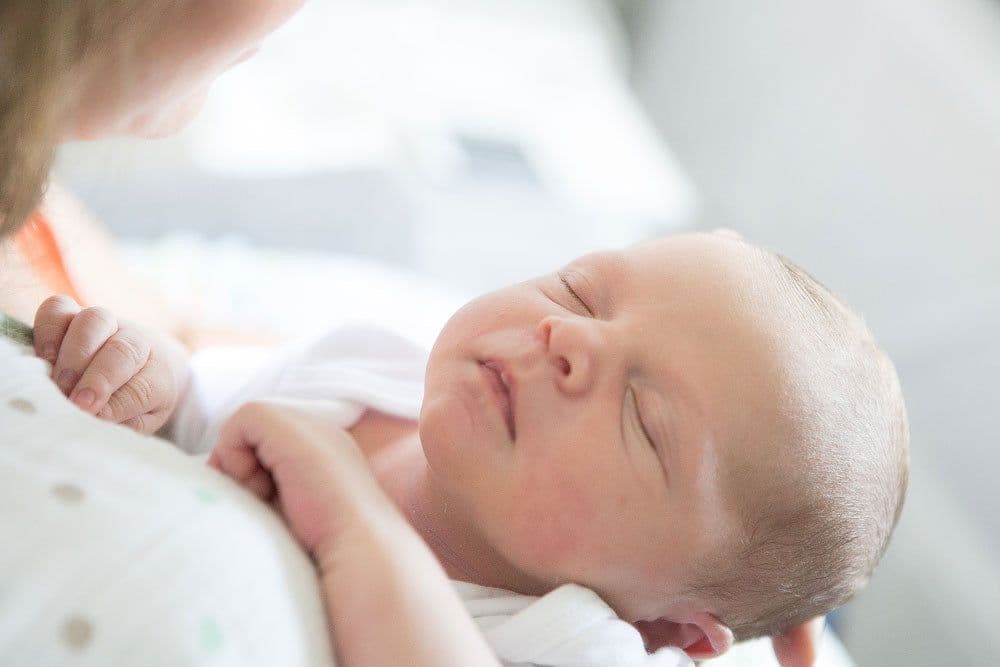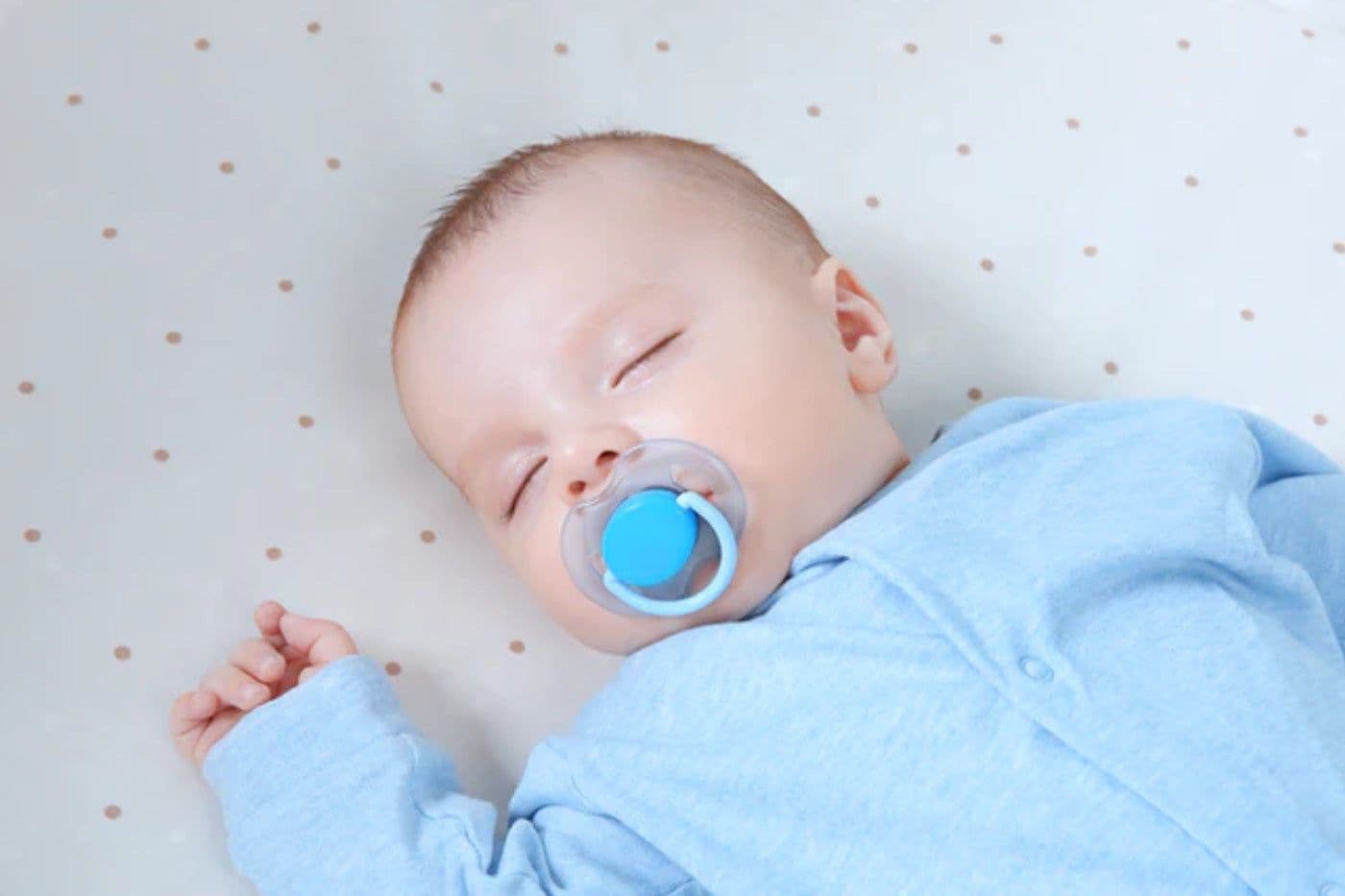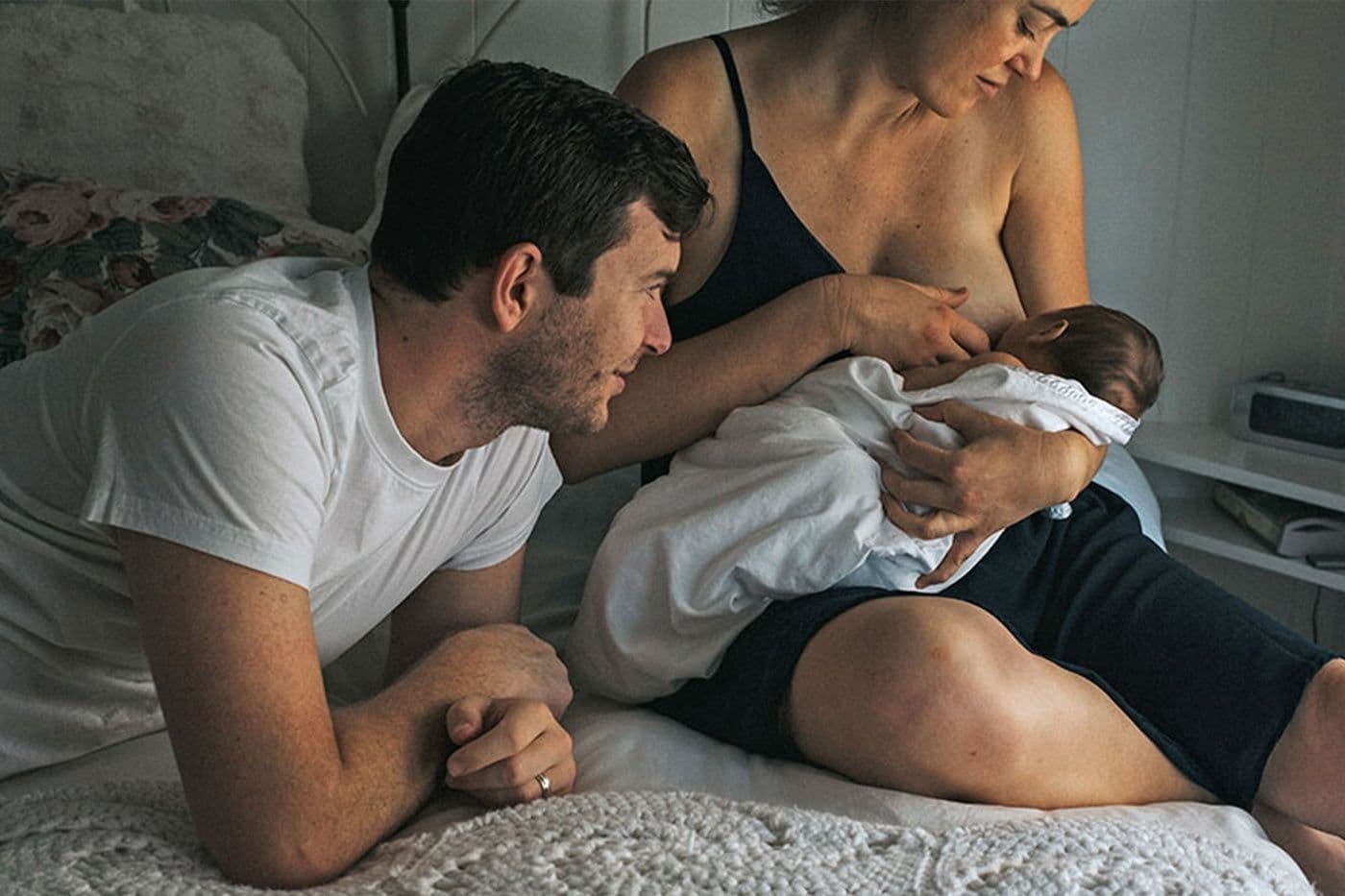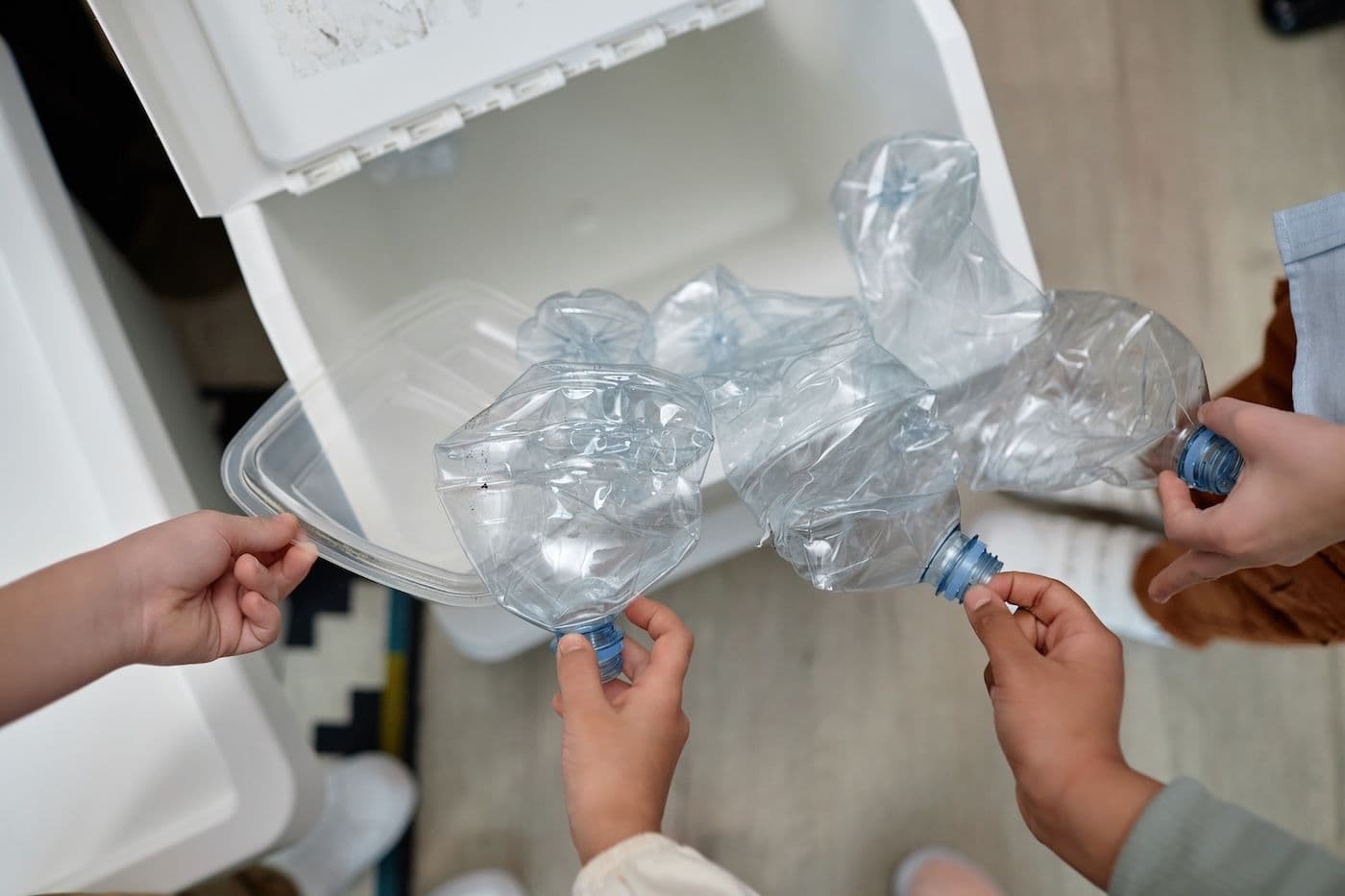PARENTS
The Startling Consequences of Parental Loneliness
Technology has made sure parents are uber-connected, but the truth is, today’s moms and dads feel more isolated than ever before.

Written by
Holly Pevzner

Don’t let the curated nurseries, sweet milestone pictures, and perfectly coordinated outfits fool you. Underneath the hazy gloss of new parenthood is often the steady murmur of loneliness. In fact, 66% of parents feel isolated and lonely, according to a new national survey out of The Ohio State University Wexner Medical Center. That number grows to 77% for single parents. It’s no wonder the World Health Organization and U.S. Surgeon General have deemed loneliness a major public health crisis. And for moms and dads, the crisis of loneliness is two-fold: Chronic loneliness in parenthood not only impacts your mental and physical health, but your child’s too.
Why are parents so lonely?
Loneliness in parenthood is not simply about feeling a little bummed that you can’t meet up for brunch with pals whenever you want anymore. It stems from the massive transition and upheaval that goes hand-in-hand with becoming a parent. The lead up to birth—and the first couple of weeks postpartum—are often filled with preparation, excitement, and attention. But that focus tends to slowly fade away, leaving new parents feeling especially lonely as they enter the daily isolating ins-and-outs of life with a newborn.
At the same time, many new parents experience a steep drop in social contact once they have a baby, which often lingers beyond the social pause of parental leave. Even those who retain their social network in parenthood can feel lonely because, in part, they long for friendships based on “shared experience.” Translation: They want friends they can relate to.
But if two parents’ shared experiences aren’t similar enough, loneliness can worsen. For example, research shows that new moms often feel lonely when they believe they’re coming up short compared to “perceived mothering norms.” Experts also note that when new moms sense a lack of empathy from others—be it other moms or their partners—that triggers loneliness, too. To add insult to injury, another study shows that loneliness can be a source of shame (particularly for women) and perceived stigma (especially for men).
Why is loneliness getting worse?
There are many reasons loneliness in parenthood is a bigger issue today than ever before: There’s a distinct lack of reliable and affordable childcare, parents are stretched reed thin juggling seemingly infinite tasks, and everyone’s exhausted.
There are other culprits, too, including social media. While so-called “social” networks like Instagram, Pinterest, and TikTok, were supposed to breed connectedness, the truth is, they “exacerbate feelings of loneliness by fostering unrealistic comparisons with others,” says Kate Gawlik, DNP, RN, an associate clinical professor at The Ohio State University College of Nursing, a parental burnout researcher, and a mom of four. “Parents can feel inadequate or isolated when comparing their lives to the carefully curated images of perfection that they see online.”
Folks who use social media for more than two hours a day had about double the odds of feeling isolated compared to those who use social media for less than 30 minutes a day, suggests research published in the American Journal of Preventative Medicine. Beyond the constant-comparison nature of social media, reports show that technology monopolizes our attention, increases distraction, displaces in-person engagement, and reduces the quality of our interactions—which all feeds loneliness. Meanwhile, the traditional extended family support system is smaller than ever.
“New moms are no longer surrounded by a circle of caring family and friends who baby them as much as they baby the baby,” says pediatrician Dr. Harvey Karp. It’s not a shocker that nearly 2 out of 5 parents feel they have no one to support them in their parenting role.
How Loneliness Impacts Health
There’s a staggering link between loneliness and a host of other troubling issues. “Parents experiencing loneliness may feel isolated, misunderstood, and unsupported, which leads to heightened feelings of sadness, hopelessness—and parental burnout,” says Gawlik. “That’s why loneliness is correlated with an increased risk of mental health problems such as anxiety, stress and depression.”
In fact, loneliness is a major risk for mental health problems during pregnancy and new motherhood, concluded 2023 research published in BMC Psychiatry. Moreover, researchers note that loneliness is a key factor for postpartum depression—and, on the flip side, social support is “imperative for postpartum wellbeing.”
Loneliness has also been associated with various physical health issues. “Over time, these effects can contribute to the development—or exacerbation—of chronic conditions like hypertension, obesity, and diabetes,” says Gawlik. “Plus, when faced with loneliness, parents may turn to unhealthy coping behaviors like substance abuse, overeating, or excessive screen time, which can create a vicious cycle.”
How Parent Loneliness Impacts Children
The effect of parental loneliness can stretch to kids. “Children’s mental health often mirrors that of their parents’,” says Gawlik. “That means, children can be negatively affected when their parents experience loneliness.”
Indeed, a 2023 study in the Journal of Affective Disorders Reports found that parental loneliness and stress were associated with higher anxiety, depression, social withdrawal, and impulsivity in their children. And a 2021 report shows that when parents experience loneliness, their children feel lonely, too.
Feeling lonely can also affect how parents behave and interact with their kids. “Parents who feel lonely may have difficulty providing emotional support, engaging in quality time with their children, or maintaining consistent discipline or routine, which can have long-term implications for child development and family dynamics,” says Gawlik.
How to Make Parenting Less Lonely
Nearly 79% of parents surveyed note that they’re interested in finding ways to connect with other parents outside of work and home. Gawlik is not surprised, noting that “to have somebody who you can relate to—and that feeling of [connecting with] somebody else who’s dealing with what you are dealing with—can be so powerful when it comes to combating feelings of loneliness.”
But it’s getting there that’s the hard part.
“The biggest roadblocks that parents may encounter when looking to foster connections with others are not knowing where to start, and the fear of doing something new or experiencing rejection,” says Gawlik. “Plus, there are time limitations. We know that every mom has a laundry list of to-do items, but finding a support network and developing friendships needs to be a priority. The dishes can wait, the laundry can wait. Our mental health cannot.”
Here, some practical steps to start chipping away at your loneliness:
-
Schedule daily outings. It can be easy to remain holed up in your home when you have a new baby. After all, it’s easier to parent in private, where no one can judge you while you find your footing. But experts note that regular outings can do wonders for reducing loneliness, because they help you connect with your community and meet potential long-term friends. - Enroll in a parent-child class. You and your bub may not truly want to learn to play the drums in a music class, and that’s fine! The actual purpose of these classes is not to gain a new skill, but to put yourself in the position to meet parents in your neighborhood who have a child the same age. Remind yourself that, no matter how awkward you may feel striking up a conversation with a stranger, everyone in the class is there for the same reason!
- Listen to podcasts or audiobooks. Yes, a solo activity can help chip away at loneliness! Loneliness experts report that listening to an interesting TED Talk, a great book, or a new podcast can give you a sense of connection with the world around you— and provide mental and emotional stimulation. Plus, it gives you something beyond Baby to talk about.
- Reach out for help. Let your friends and family know how you’re feeling and allow them to love and support you by offering an ear, a shoulder, a babysitter, and/or company. They likely will even share stories about when they too felt lonely.
- Join a parent group. There are quite a few groups designed especially for new parents to meet, like Stroller Strides, Moms Club, or Peanut. You can join your local parents Facebook page and post about being interested in meetups. Plus, local libraries, community centers, baby stores, and religious organizations often spearhead parent meetups, too.
- Start a group. Intimidating? Yes. But putting yourself out there may yield the exact results you’re hoping for! Put up an old-fashioned flier or post in a local Facebook group that you’re looking to start a playgroup, a book club, a parent-and-baby neighborhood walking club, anything!
“Joining a new group can be difficult and intimidating at first, so don’t be surprised if you feel nervous the first couple of times you attend a mommy-and-me class or attend a parent group,” says Gawlik. “But remember, relationships are built on seeing the same people multiple times, so you need to put yourself in situations where this will occur. You will find your crew—sometimes it just takes time!”
Final Word on Parent Loneliness
“It’s not selfish for parents to have time away from our kids and spend time with other adults—and to prioritize feeling connected,” says Gawlik. “It’s very healthy to have time away. And it’s healthy to rely on other people to help with your children. It’s time we reframe the narrative and discuss the importance of parents prioritizing time for themselves—and finding a supportive community to help them.”
If you’re feeling lonely and need someone to talk to, don’t hesitate to reach out to your healthcare provider or a therapist for help. The National Maternal Mental Health Hotline—staffed with trained counselors—is always available, too: 1-833-852-6262.
More on Maternal Mental Health:
- More Advice on Making Parent Friends
- Mental Health Resources for New Parents
- Sleep: The Ultimate Mood Boost for Parents
- Happiest Baby's Postpartum Mental Wellness Toolkit
- Understanding the Mental Load of Parenthood
***
REFERENCES
- The Ohio State University College of Nursing: New survey finds loneliness epidemic runs deep among parents
- World Health Organization: WHO launches commission to foster social connection
- The U.S. Surgeon General’s Advisory on the Healing Effects of Social Connection and Community: Our Epidemic of Loneliness and Isolation 2023
- Centre of Perinatal Excellence (COPE): Loneliness in early parenthood
- Mums Alone: Exploring the Role of Isolation and Loneliness in the Narratives of Women Diagnosed with Perinatal Depression, Journal of Clinical Medicine. June 2021
- Exploring the nature and variation of the stigma associated with loneliness. Journal of Social and Personal Relationships. April 2022
- Social Media Use and Perceived Social Isolation Among Young Adults in the U.S.
- American Journal of Preventative Medicine. July 2017
- ‘Just snap out of it’ – the experience of loneliness in women with perinatal depression: a Meta-synthesis of qualitative studies. BMC Psychiatry. February 2023
- First-time mothers’ perceptions of social support: Recommendations for best practice. Health Psychology Open. February 2020
- Loneliness: An Immunometabolic Syndrome. International Journal of Environmental Research and Public Health.November 2021
- Parental loneliness, parental stress and child mental health during the COVID-19 pandemic: Variations by cumulative socioeconomic risk. Journal of Affective Disorders Reports. April 2023
- Experiencing loneliness in parenthood: a scoping review. Perspectives in Public Health. July 2021
Disclaimer: The information on our site is NOT medical advice for any specific person or condition. It is only meant as general information. If you have any medical questions and concerns about your child or yourself, please contact your health provider.
SHARE THIS ARTICLE
MOST LOVED
Sleepytime Sidekicks
More on Parents
About Holly Pevzner
Holly Pevzner is Happiest Baby’s Staff Writer. She specializes in creating parenting, pregnancy, health, nutrition, and family travel content. Her work—including essays, columns, reported features, and more—has appeared in outlets such as EatingWell, Family Circle, Parents, Real Simple, and The Bump. Before becoming a full-time writer, Holly held senior staff positions at Prevention, Fitness, and Self magazines, covering medical health and psychology. She was also a contributing editor at Scholastic Parent & Child magazine and a regular kids-health columnist for Prevention and First For Women magazines. Holly lives in Los Angeles with her husband, two boys, and terrier mix.












